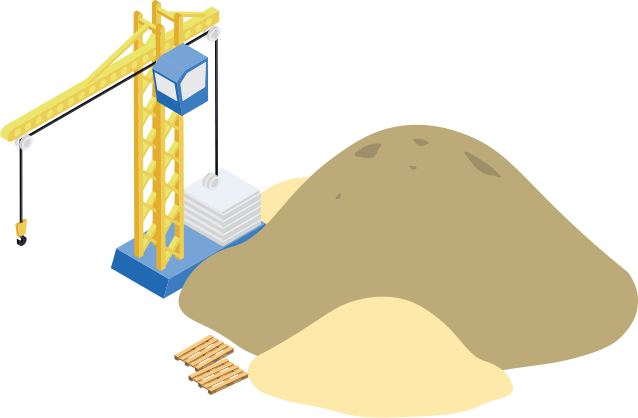Market research is usually categorized as “quantitative” or “qualitative”.
“Quantitative” research, as you would expect, is research that gives you numbers – percentages, rankings, etc.
So what is “qualitative” research? Research that doesn’t give you numbers?
Well, exactly.
But any really usable research is going to have a numeric aspect. What are the most important search terms for my website, on a scale of 0 to 100? What percentage of potential customers get the right idea from each of these 3 different possible product names? What percentage of likely voters prefer candidate A to candidate B?
Qualitative research is useful as a preliminary to quantitative research. A great example is combing through testimonials for phrases used repeatedly: “great customer service” “best product for the best price” “got more than I expected” and so on.
THEN you can take those phrases and survey them on a prospective market to see what resonates the best – a quantitative result.
Unfortunately, qualitative research is often used as an end in itself and as a masquerade for ignorance.
A great example is focus groups. That’s where you get a bunch of people together to talk about a product, a company, candidate or an issue. These are often presented as a final research result, even quantified (“43% of the participants agreed candidate X is an idiot”).
Whereas they are nothing of the sort. Focus groups are called that because they were invented as a way to help focus research. A necessity because when you are starting out on a research project, especially for a new product or company, you often don’t have a clue even what direction to go in.
Focus groups are one such tool. Competitor research is in large part about the same thing. One good starting point for keyword research, for example, is what terms competitors seem to be targeting.
There are lots of minefields in market research. Mis-used or misinterpreted qualitative research is one of them.
Quantitative versus Qualitative Research









